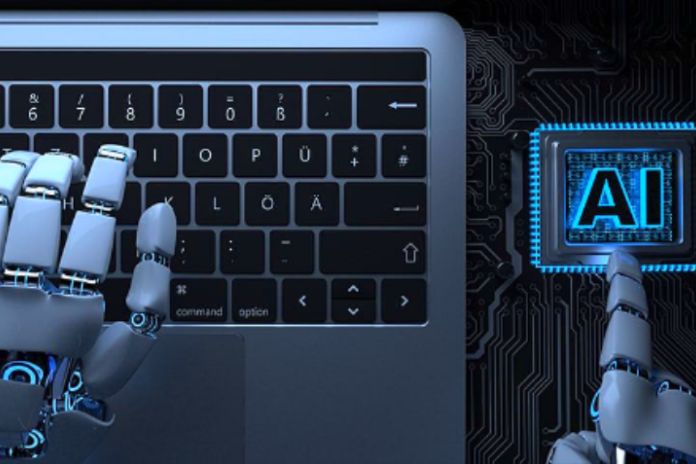
Artificial intelligence in HR already supports several moments of the employees’ journey, especially regarding recruitment and selection. This post will show you how AI in HR can help develop more strategic processes in the company.
Artificial intelligence has been widely used by companies, which is one of the critical trends in HR. Therefore, attention to this topic is essential so that professionals in the area can act as strategic, innovative, and motivating agents. Check out the details!
People Analytics
Have you heard that digital transformation’s essence is changing how we use data? This is because the successful application of excellent technological tools depends on focus and a lot of information.
Before the technological resources available today, we always made decisions based on a limited number of data, which tends to increase the margin of error. That’s why artificial intelligence generates such significant impacts when used well.
Our actions become more strategic and practical as it is increasingly easier to find bottlenecks that need to be resolved and classify them according to priority criteria. In people analytics, people analytics is no different. This tool allows collecting, organizing, processing, and comparing data to generate diagnoses on different aspects of the team.
This occurs through applications that collect and cross-reference information from various sources, seeking to present reports that help identify details such as the level of engagement, satisfaction, and productivity.
Thus, executives can make better decisions about actions, campaigns, and promotions, seeking to stimulate and enable results. For example, the impact of investments in capacity building can have the return evaluated from a more comprehensive point of view to facilitate the identification of the most effective initiatives in the company’s strategy.
Other vital aspects are security and the fact that the data used in people analytics can be consulted in real-time. After all, artificial intelligence does a lot of the work immediately.
Chatbots
Chatbots have evolved a lot, especially with the application of artificial intelligence to their systems. Some solutions work with simpler versions and less sophisticated algorithms. They are great for ensuring simple answers and directing people to those who can solve their immediate needs.
This chatbot works as a pre-service resource, capturing informative data and allowing users to select the sector they want to talk to.
However, the more elaborate versions have practically no limits on what they can do to provide information, conduct research, and register various requests, for example.
Use Of Algorithms In Recruitment And Selection
AI in HR can be seen in different ways and applied according to the company’s digital maturity; that is, organizations starting to invest in digitalization do not need to start with the most complex actions, especially if they require significant investments.
This is the case with chatbots, which we have just mentioned, and the use of AI in recruitment and selection, which, by the way, are pretty accessible, regardless of the size of the company.
Artificial intelligence generates significant impacts, even in its simplest versions, because it directly affects productivity. Labor-intensive, time-consuming analysis processes can be automated entirely using AI. And everyone who works with these activities knows how much repetitive workload they generate.
Humanization Of People Management Processes
It doesn’t matter if you intend to use AI, for example, in recruitment and selection or the service of contractors, the level of humanization of interactions can surprise many people, at least with the most modern and dynamic technologies.
Artificial intelligence in HR directly impacts interactions because it assumes the most repetitive and simple ones. With this, professionals in the sector can dedicate themselves to executing more essential actions that require special attention.
Free from answering common questions, which can be resolved autonomously by employees and candidates, there is more time to dedicate to those that create the most significant difficulties for them.
In addition, bottlenecks in processes are more easily monitored and identified, facilitating the constant improvement and improvement of the sector’s efficiency, which also has an impact on humanization, which directly depends on good service, the reduction of bureaucracy, and greater agility.
Also Read: Artificial Intelligence – Enemy Or Ally?
